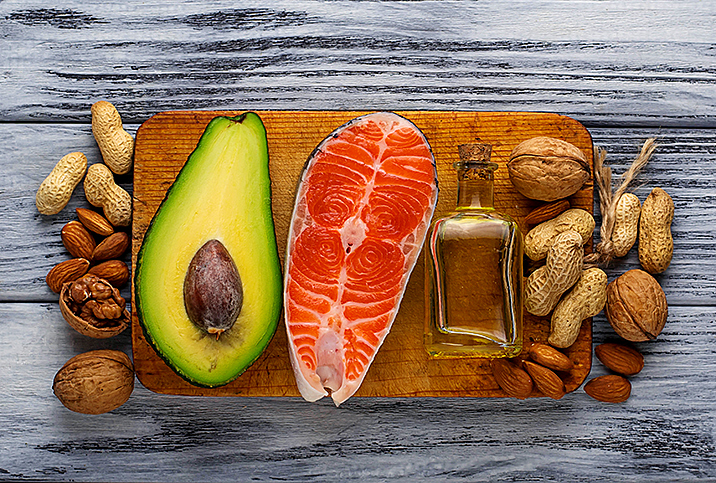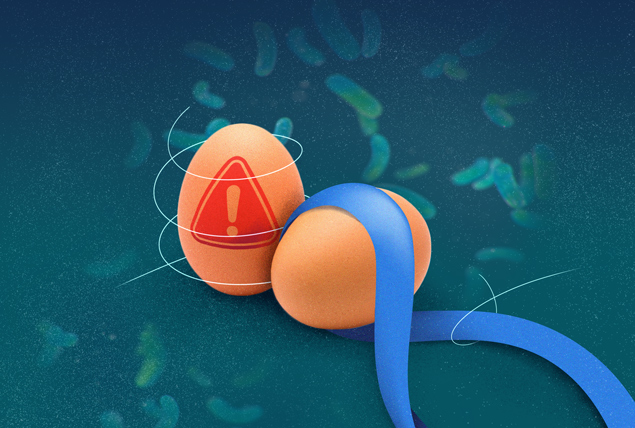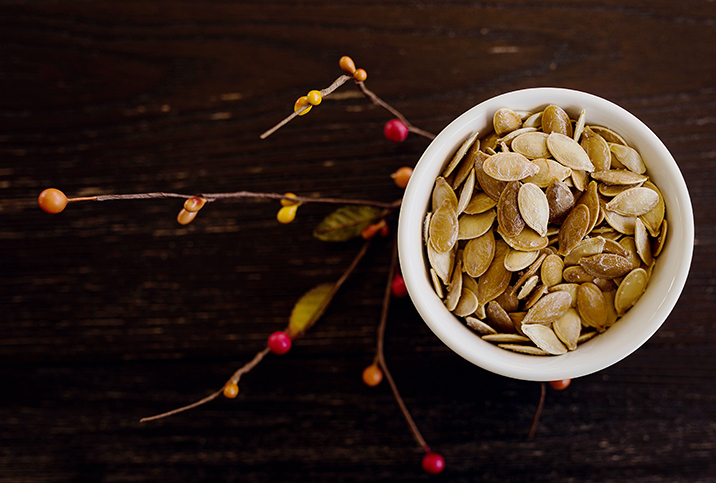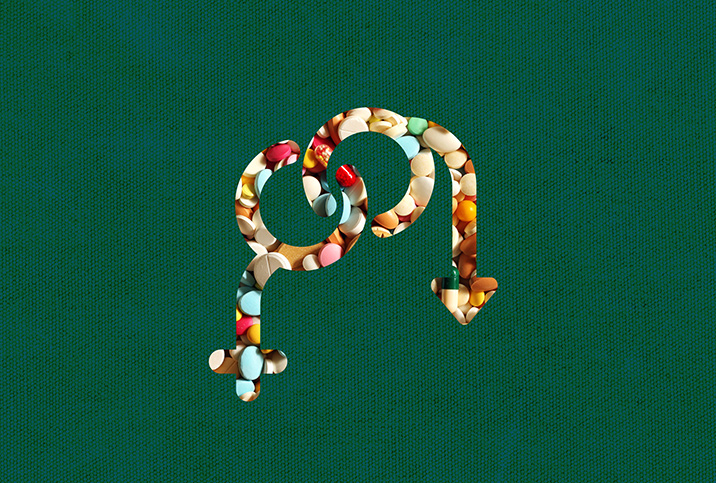The Best (and Worst) Foods for Your Prostate

Many experts tout a plant-based diet for all sorts of health benefits. Specifically, if you're concerned about prostate health, a plant-based diet is associated with a lower risk of prostate cancer and lower prostate-specific antigen (PSA) levels.
But what if you're not quite ready to completely give up meat? Can you still alter the way you eat to give your prostate a boost? The short answer is yes. You can make small changes to your diet that will make your prostate happy.
Your diet and your prostate
Food impacts every part of the body, from the mouth all the way down to the bowels and beyond. The prostate, located in front of the rectum and below the bladder, is no exception. Food can help or hurt the walnut-sized gland.
Prostate cancer is the biggest and most obvious concern for people with a prostate. Rates of prostate cancer tend to be higher in the United States than in Africa or Asia, and diet is believed to be a factor.
"When migrants moved from Asia to North America, or sub-Saharan Africans moved here to the U.S., their mortality rate and incidence of cancer went up to what we see in the U.S.," said Michael Ingber, M.D., the director of urogynecology at Saint Clare's Health System in Denville, New Jersey, and an assistant clinical professor of urology at Weill Cornell Medical College in New York City. "This is thought not to be due to how we screen for the disease, but rather environmental exposures and diet play a role."
A healthier diet may help ease symptoms of benign prostatic hyperplasia (BPH), or an enlarged prostate. BPH can create urinary problems for some men.
"The urethra travels through the prostate, and as men age, the prostate can grow into the urethra, pinching it off and creating a slow urine stream, and [leading to] waking up at night," Ingber said.
Foods that improve prostate health
Changes to your diet may reduce the risk of prostate cancer and help you cope with BPH.
"Foods high in antioxidants are ideal for prostate health," said Anita Ackerman, M.D., a urologist at Garden State Urology in Morristown, New Jersey.
Antioxidants are substances that delay or prevent cell damage, and a diet rich in antioxidants helps prevent free-radical damage, which is related to the type of cell damage caused by some cancers.
Ackerman said the following foods are rich in antioxidants and anti-inflammatory properties, and can contribute to a healthy prostate:
- Berries
- Broccoli
- Chia seeds
- Green tea
- Kale
- Oranges
However, it's important to note that while vegetables and fruits are good sources of antioxidants, research has not found the same health benefits in antioxidant supplements.
Another nutrient found in foods, omega-3 fatty acids, can also benefit the prostate.
"Omega-3s...from fish like salmon, sardines and trout are excellent for the prostate," Ackerman said, adding that men who are battling prostate cancer can improve their chance of survival by increasing the amount of omega-3s in their diet.
3 easy ways to consume more antioxidants
One of the easiest ways to include these foods in your diet is to whip up a smoothie. Put some berries, oranges and soy milk in a smoothie with a plant-based protein powder, and you have a prostate-friendly breakfast.
Broiled salmon and broccoli is an easy dinner that can be put together in no time.
If you need an afternoon pick-me-up, instead of reaching for sugar-laden treats, try a cup of green tea. You'll get a small burst of energy from the caffeine without the crash that comes from simple carbs.
Foods to avoid or reduce
While you're adding beneficial foods to your diet, you should cross off several other items from your shopping list and consider how you prepare your meals.
"There are chemicals from cooked meats called heterocyclic aromatic amine carcinogens," Ingber said. "There have been studies showing that when rats are fed these chemicals from meats, they develop prostate cancer."
Cooked meats aren't the only problem.
"Alcohol, spicy food, red meat and fatty foods can all trigger inflammation," Ackerman said, adding that high inflammation levels increase the risk of aggressive tumors in the prostate and other diseases.
Being overweight or obese can increase the risk of prostate problems. Studies indicate weight loss decreases the risk of nonmetastatic prostate cancer, Ingber said.
Notably, one mineral that scientists thought was healthy may actually contribute to prostate problems: selenium.
"Selenium was originally thought to be protective against prostate cancer," Ingber said. "Brazil nuts, seafood and organ meats are very high in selenium. However, a randomized study looking at selenium and vitamin E showed actually the opposite: that selenium intake was associated with a higher risk of prostate cancer."
How to replace inflammatory foods with healthier options
You don't have to completely cut out potentially harmful foods. Alcohol in moderation, especially red wine, has been shown to be healthy.
Meat can be cooked in ways that are less likely to release carcinogens. A sous vide machine very slowly cooks food sealed in bags in water by using precise temperature controls, and a slow cooker is one of the healthiest ways you can cook meat.
Don't despair. You don't have to change your diet wholesale at once. Try picking one or two items to change at a time. Once you feel like you have adjusted to one change, start another one. Making small changes is more feasible and more likely to stick than changing everything at once.














